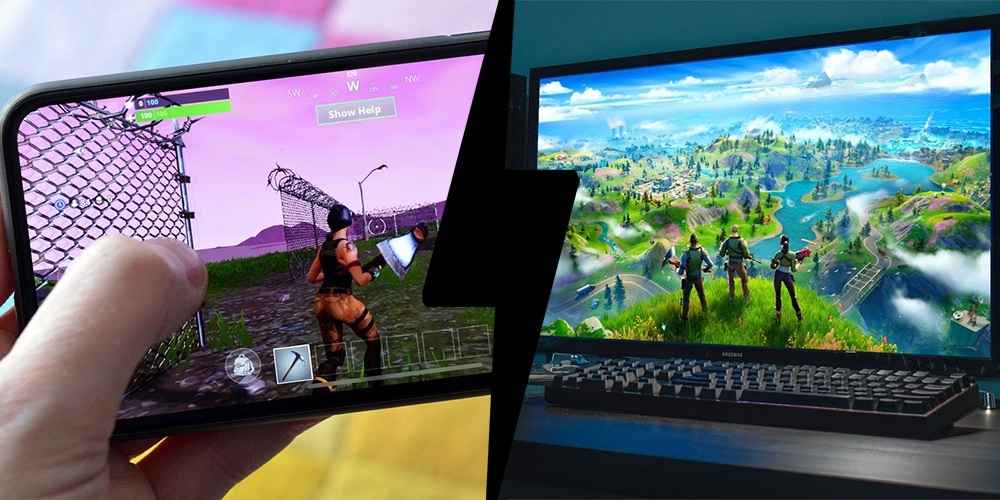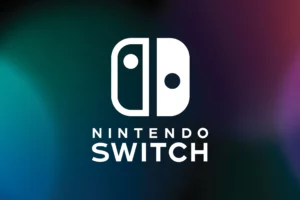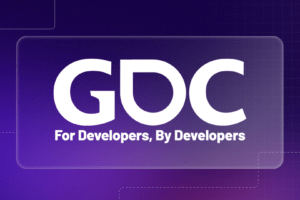In the ever-evolving world of gaming, a seismic shift is underway: the rise of cross-platform gaming. No longer confined by the barriers of platform exclusivity, players can now seamlessly connect and compete across different devices. While this heralds a new era of inclusivity and connectivity for gamers, developers are faced with a host of unique challenges. In this exploration, we’ll dissect the dual-sided nature of cross-platform gaming, examining its advantages for gamers and the dilemmas it presents for developers.
The Gamer’s Oasis: Reveling in the Benefits of Cross-Platform Play
For gamers, the advent of cross-platform gaming represents a dream realized. Here’s why:
- Expanded Player Base: Cross-platform play dismantles the walls separating gamers based on their choice of platform. This inclusivity fosters diverse communities and breathes new life into multiplayer experiences.
- Enhanced Social Interaction: With cross-platform play, players can engage in seamless communication and collaboration with friends across different devices. This fosters deeper connections and a sense of camaraderie within gaming communities.
- Increased Competition: A broader player pool means more diverse opponents, leading to a richer and more challenging gaming experience. Players can sharpen their skills against a variety of adversaries, elevating the level of competition.
- Platform Agnosticism: Cross-platform play liberates gamers from platform constraints, allowing them to choose their preferred device without sacrificing the ability to play with friends. This flexibility enhances player autonomy and convenience.
- Reduced Costs: In many cases, cross-platform games enable players to make a single purchase and access content across all platforms. This eliminates the need for duplicate purchases, resulting in cost savings for gamers.

The Developer’s Conundrum: Navigating the Complexities of Cross-Platform Development
While gamers revel in the benefits of cross-platform play, developers face a myriad of challenges:
- Technical Hurdles: Developing for multiple platforms requires navigating diverse hardware and software architectures. Optimizing graphics, performance, and controls for each platform can be a daunting and time-consuming task.
- Input Discrepancies: Balancing gameplay across platforms with different control schemes presents a significant challenge. Developers must ensure a fair and enjoyable experience for all players, regardless of their chosen device.
- Monetization Strategies: Adapting monetization strategies to suit each platform’s ecosystem requires careful consideration. Pricing structures for in-app purchases, subscriptions, and DLC may need to be adjusted to cater to diverse user bases.
- Anti-Cheat Measures: Implementing effective anti-cheat measures across multiple platforms is a complex endeavor. Developers must address the unique security vulnerabilities of each platform to maintain a fair and competitive gaming environment.
- Development Costs: Cross-platform development often entails higher initial costs due to additional testing, optimization, and platform-specific tools. This financial burden can be particularly challenging for smaller studios with limited resources.
The Road Ahead: Navigating the Future of Cross-Platform Gaming
Despite the challenges, the future of cross-platform gaming appears promising. Here are some trends that signal a positive trajectory:
- Cloud Gaming: Services like Google Stadia and Microsoft xCloud are democratizing access to high-end gaming experiences across devices, blurring the lines between platforms.
- Cross-Progression: The adoption of cross-progression allows players to seamlessly carry their progress and purchases across different platforms, incentivizing deeper engagement and investment in games.
- Standardized APIs: The emergence of standardized APIs could streamline cross-platform development, simplifying the process for developers and ensuring smoother interoperability between platforms.
Conclusion: Forging a Unified Gaming Landscape
While the journey towards cross-platform gaming may be fraught with challenges, its potential to unify and enrich the gaming landscape is undeniable. As developers continue to innovate and adapt, cross-platform gaming has the power to break down barriers, foster vibrant communities, and elevate the gaming experience for players around the world. In this symbiotic relationship between gamers and developers, the future of cross-platform gaming shines brightly as a beacon of inclusivity and connectivity in the gaming industry.
















Add Comment